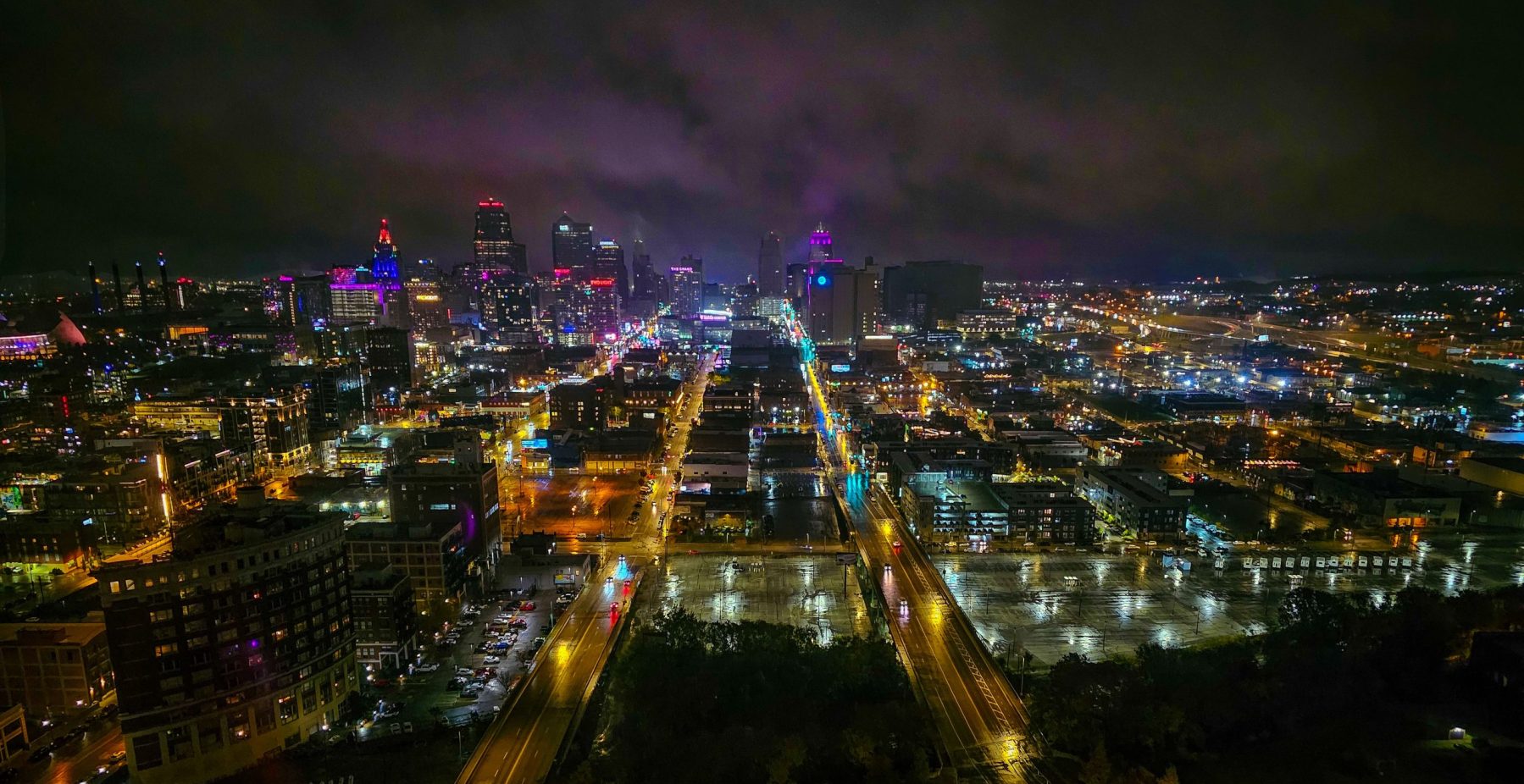It has been a year of highs and lows, as are most years, but generally we pick one by which to characterize the whole. I can’t do that this time, because it is all of a piece.
The highs? A new novel appeared in April, Granger’s Crossing, the first in what may turn out to be a series. I have ideas anyway. I could stand a bit more love for it, not to mention reviews, both at the link and on Goodreads. But after a seven year gap, to have a new book out is amazing. Likewise, my Secantis Sequence is about to be reissued in ebook format (paper copies will be available, I’m told) and that is something I never expected to see.…

 …
…